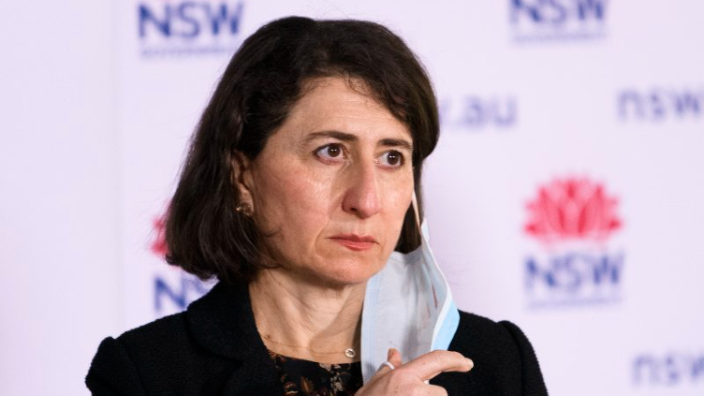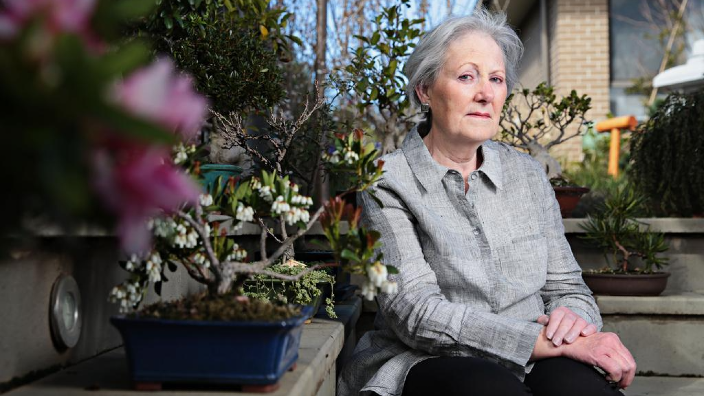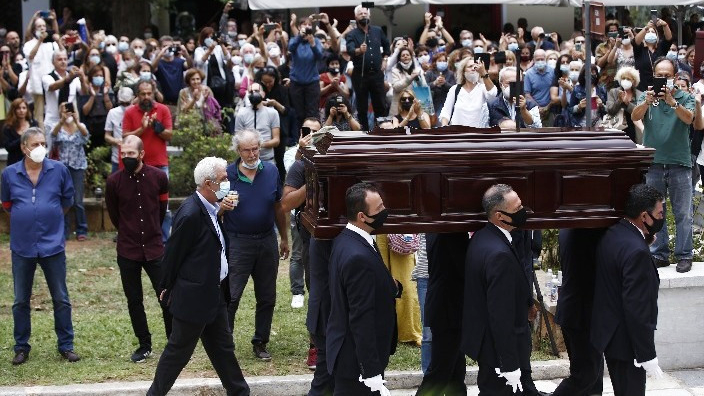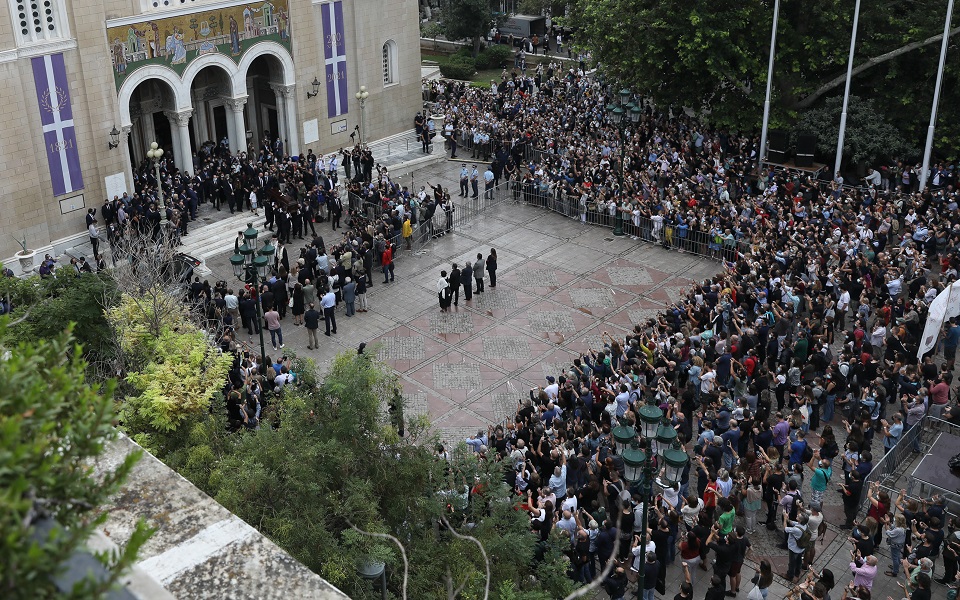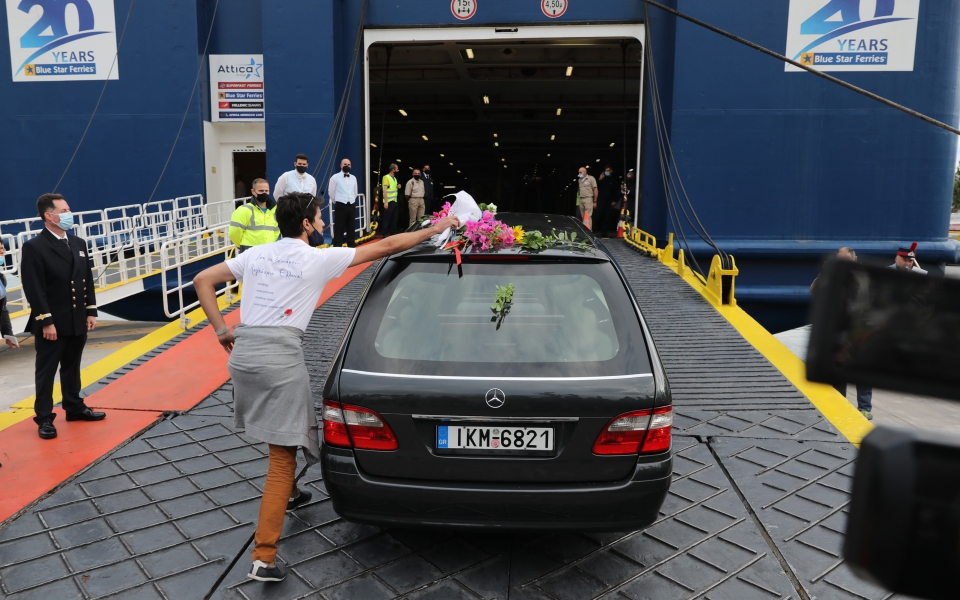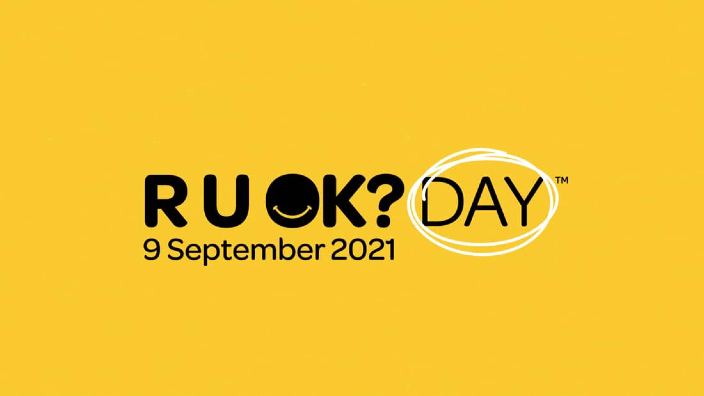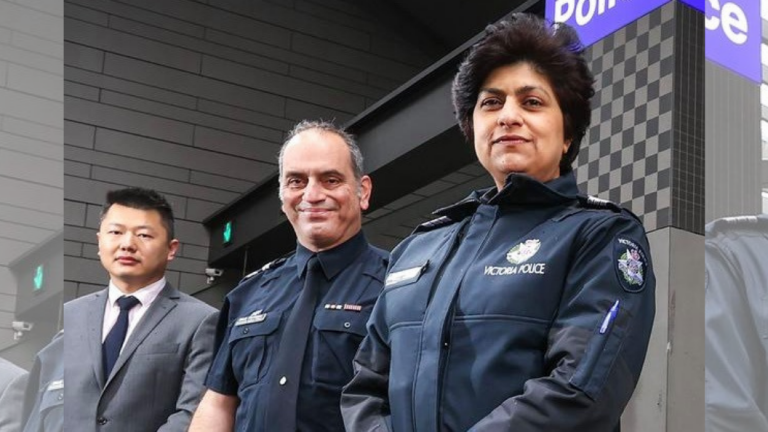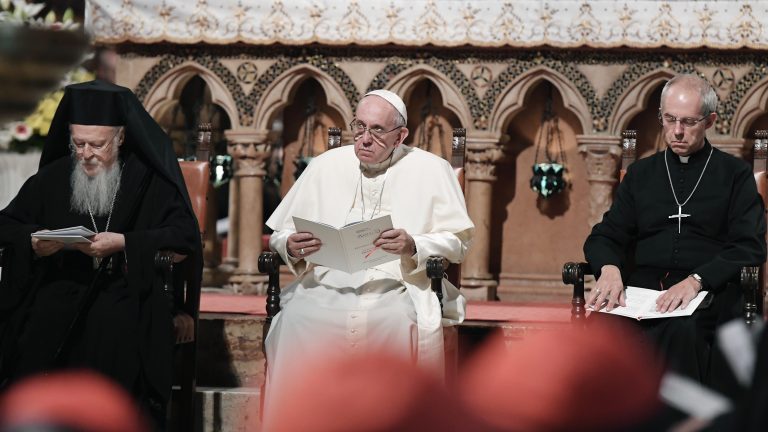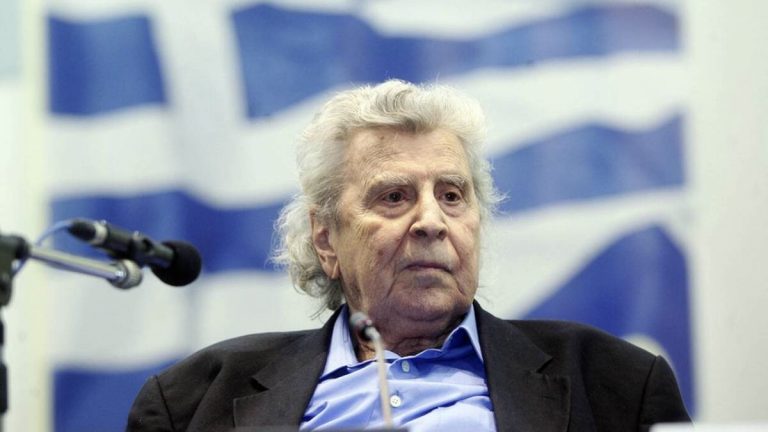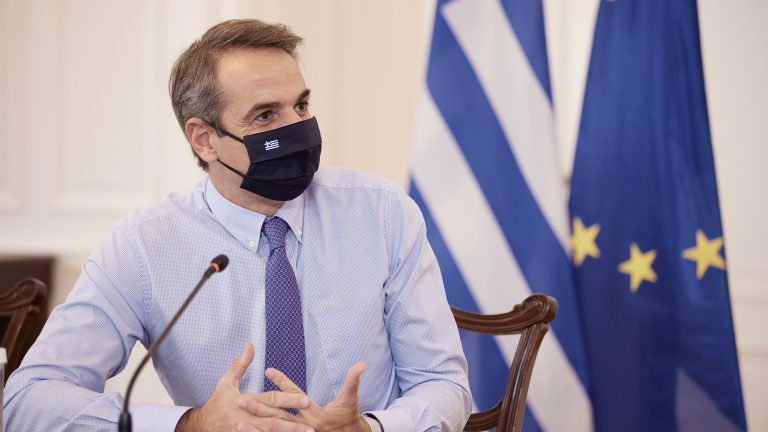Stay-at-home orders for adults who have received both doses of the COVID-19 vaccine will be lifted from the Monday after NSW passes the 70 per cent double vaccination target, under the roadmap to freedom released today.
The roadmap is subject to further fine-tuning and health advice if circumstances change drastically or if cases within a designated area remain too high.
This comes as NSW recorded 1,405 new locally acquired cases of COVID-19 today and five deaths.
Premier Gladys Berejiklian said we are well on the way to hitting the 70 per cent double dose milestone which will allow the state to open up for those who have received both doses of a COVID-19 vaccine.
“I cannot stress enough how important it is for people to get vaccinated – if you have not had both doses of the vaccine by the time we hit the 70 per cent milestone, you will not be able to take advantage of these freedoms,” Ms Berejiklian said.
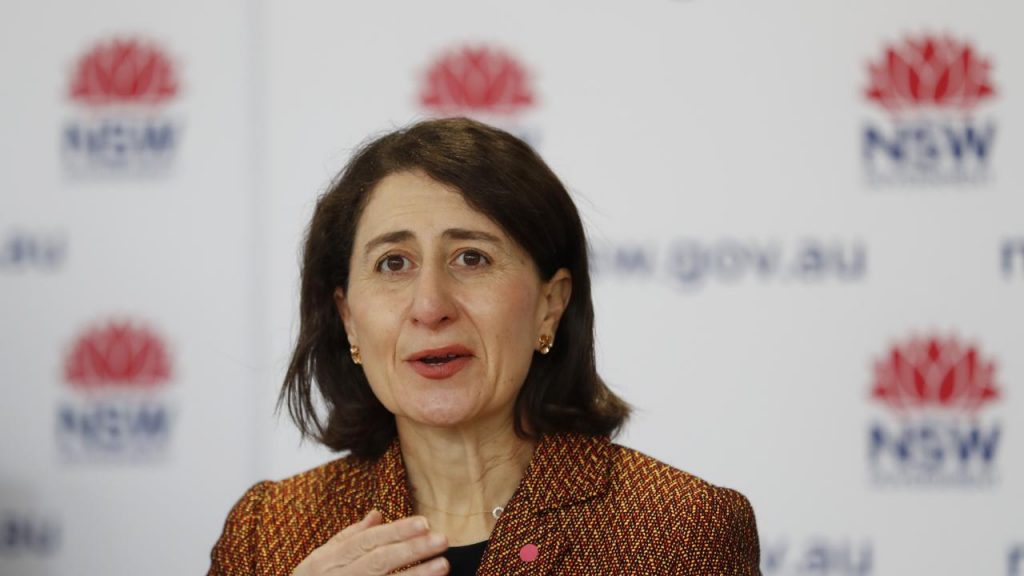
Only fully vaccinated people and those with medical exemptions will have access to the freedoms allowed under the Reopening NSW roadmap.
The freedoms for vaccinated adults will come into effect on the Monday after NSW hits the 70 per cent double dose target and include:
Gatherings in the home and public spaces:
- Up to five visitors will be allowed in a home where all adults are vaccinated (not including children 12 and under).
- Up to 20 people can gather in outdoor settings.
Venues including hospitality, retail stores and gyms:
- Hospitality venues can reopen subject to one person per 4sqm inside and one person per 2sqm outside, with standing while drinking permitted outside.
- Retail stores can reopen under the one person per 4sqm rule (unvaccinated people will continue to only be able to access critical retail).
- Personal services such as hairdressers and nail salons can open with one person per 4sqm, capped at five clients per premises.
- Gyms and indoor recreation facilities can open under the one person per 4sqm rule and can offer classes for up to 20 people.
- Sporting facilities including swimming pools can reopen.
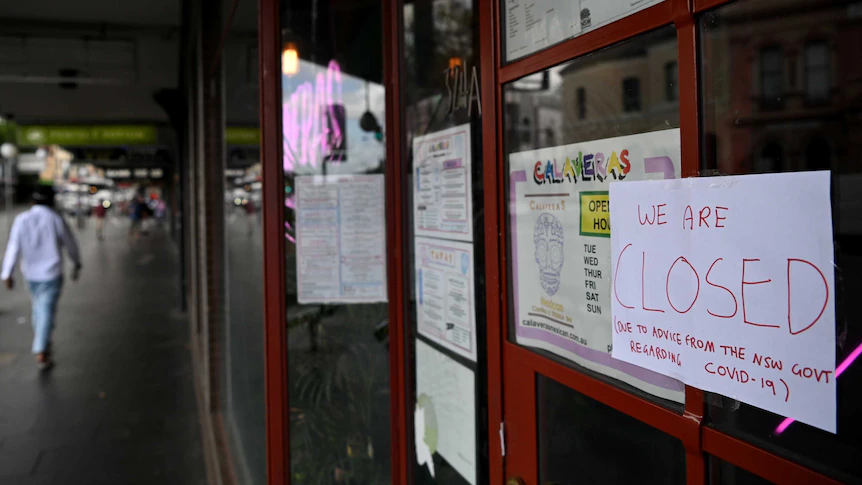
Stadiums, theatres and major outdoor recreation facilities:
- Major recreation outdoor facilities including stadiums, racecourses, theme parks and zoos can reopen with one person per 4sqm, capped at 5,000 people.
- Up to 500 people can attend ticketed and seated outdoor events.
- Indoor entertainment and information facilities including cinemas, theatres, music halls, museums and galleries can reopen with one person per 4sqm or 75 per cent fixed seated capacity.
Weddings, funerals and places of worship:
- Up to 50 guests can attend weddings, with dancing permitted and eating and drinking only while seated.
- Up to 50 guests can attend funerals, with eating and drinking while seated.
- Churches and places of worship to open subject to one person per 4sqm rule, with no singing.
Travel:
- Domestic travel, including trips to regional NSW, will be permitted.
- Caravan parks and camping grounds can open.
- Carpooling will be permitted.
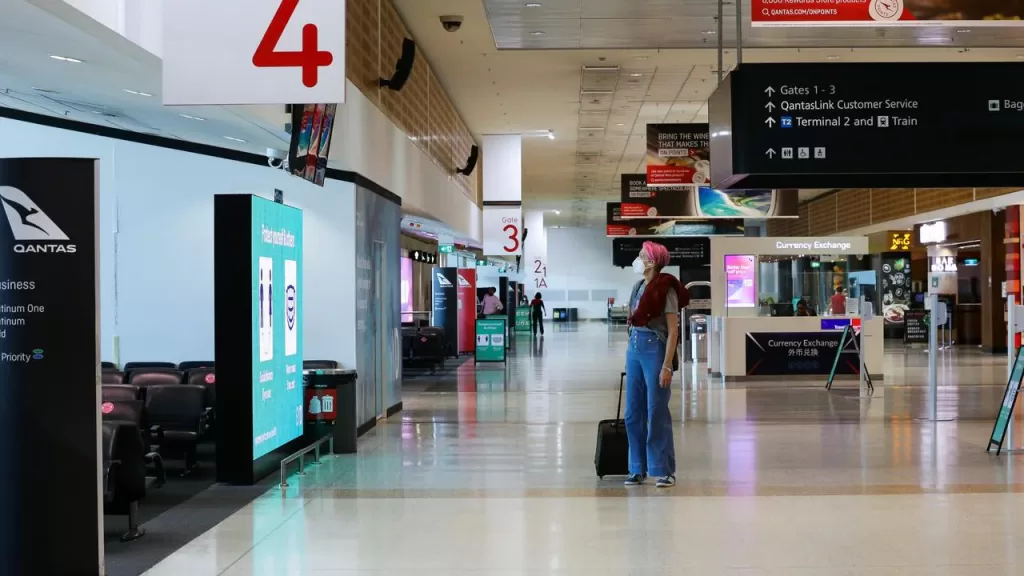
Non-vaccinated young people aged under 16 will be able to access all outdoor settings but will only be able to visit indoor venues with members of their household.
Employers must continue to allow employees to work from home if the employee is able to do so.
There will be revised guidance on isolation for close and casual contacts who are fully vaccinated, with details to be provided closer to the reopening date.
Masks:
- Masks will remain mandatory for all indoor public venues, including public transport, front-of-house hospitality, retail and business premises, on planes and at airports.
- Only hospitality staff will be required to wear a mask when outdoors.
- Children aged under 12 will not need to wear a mask indoors.

